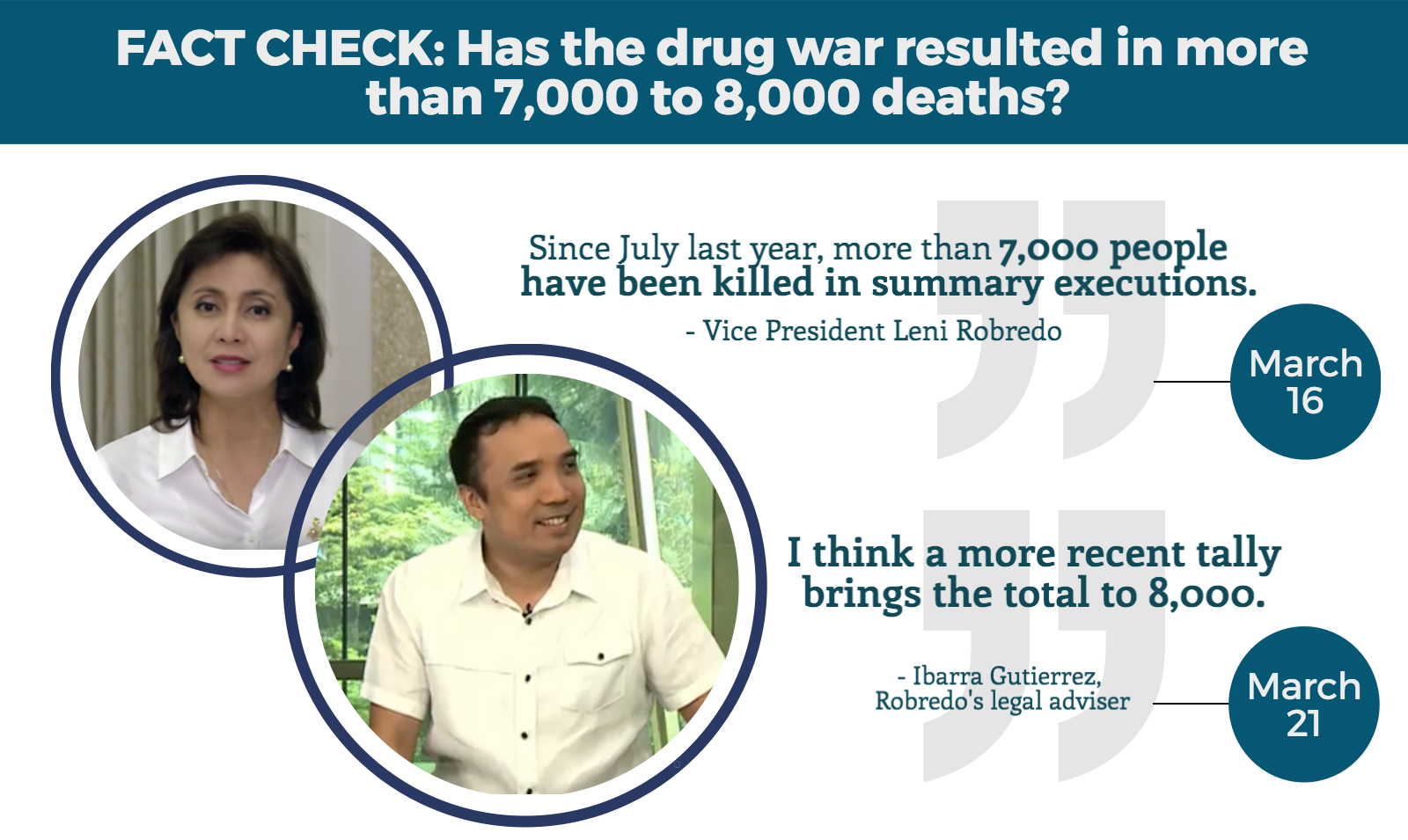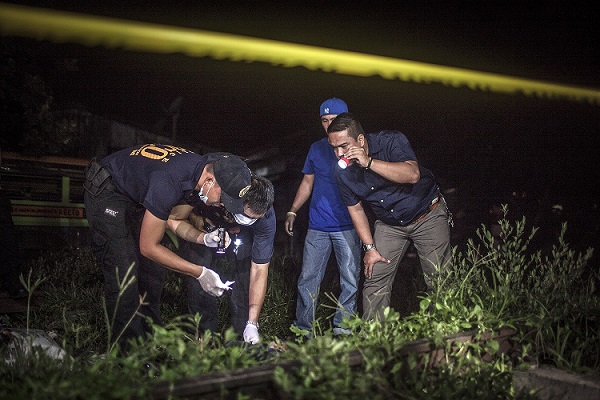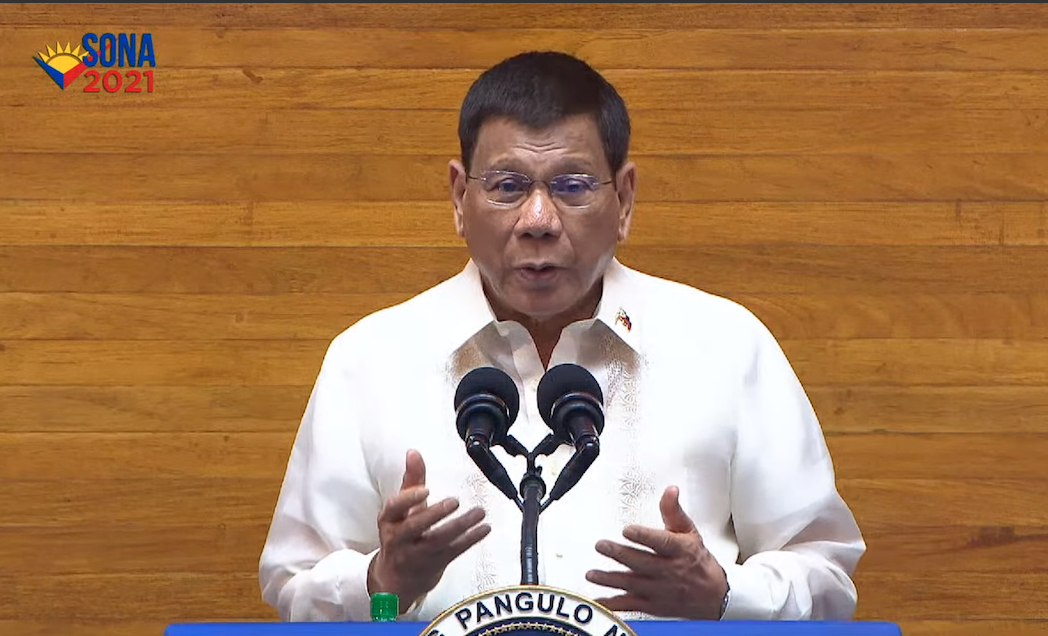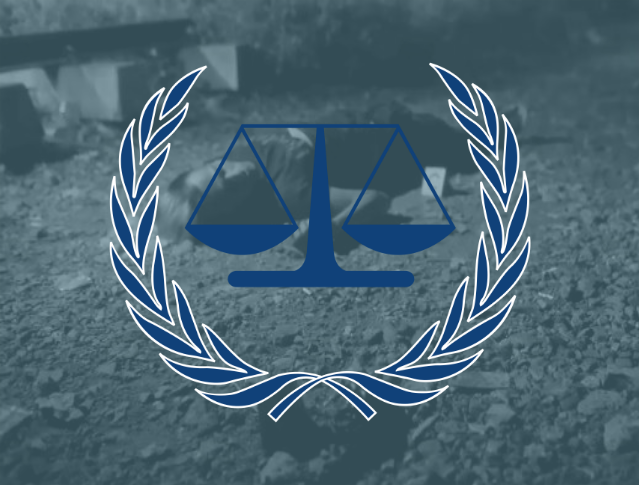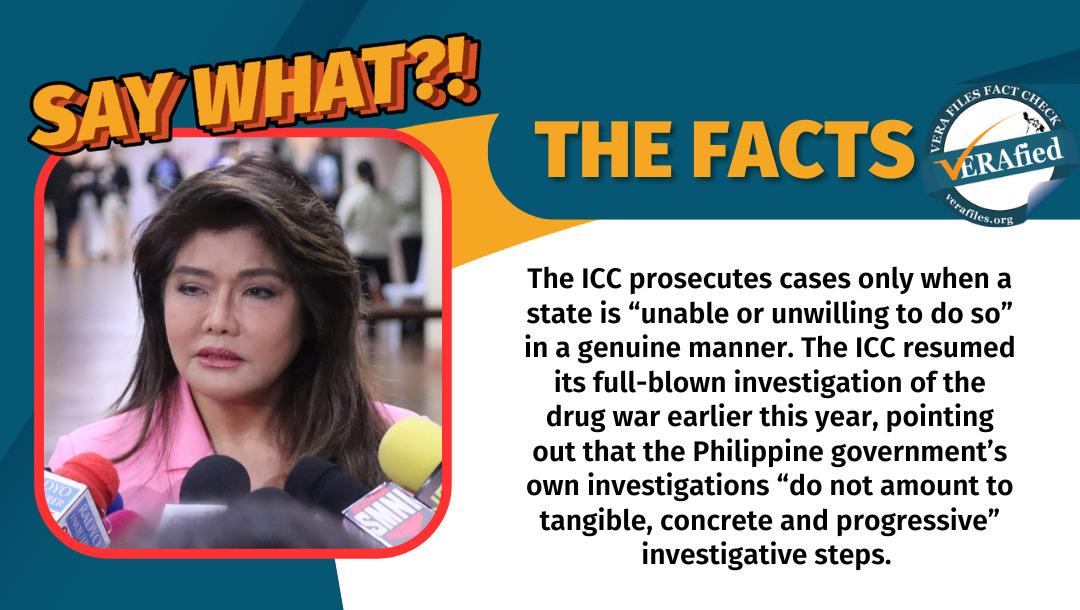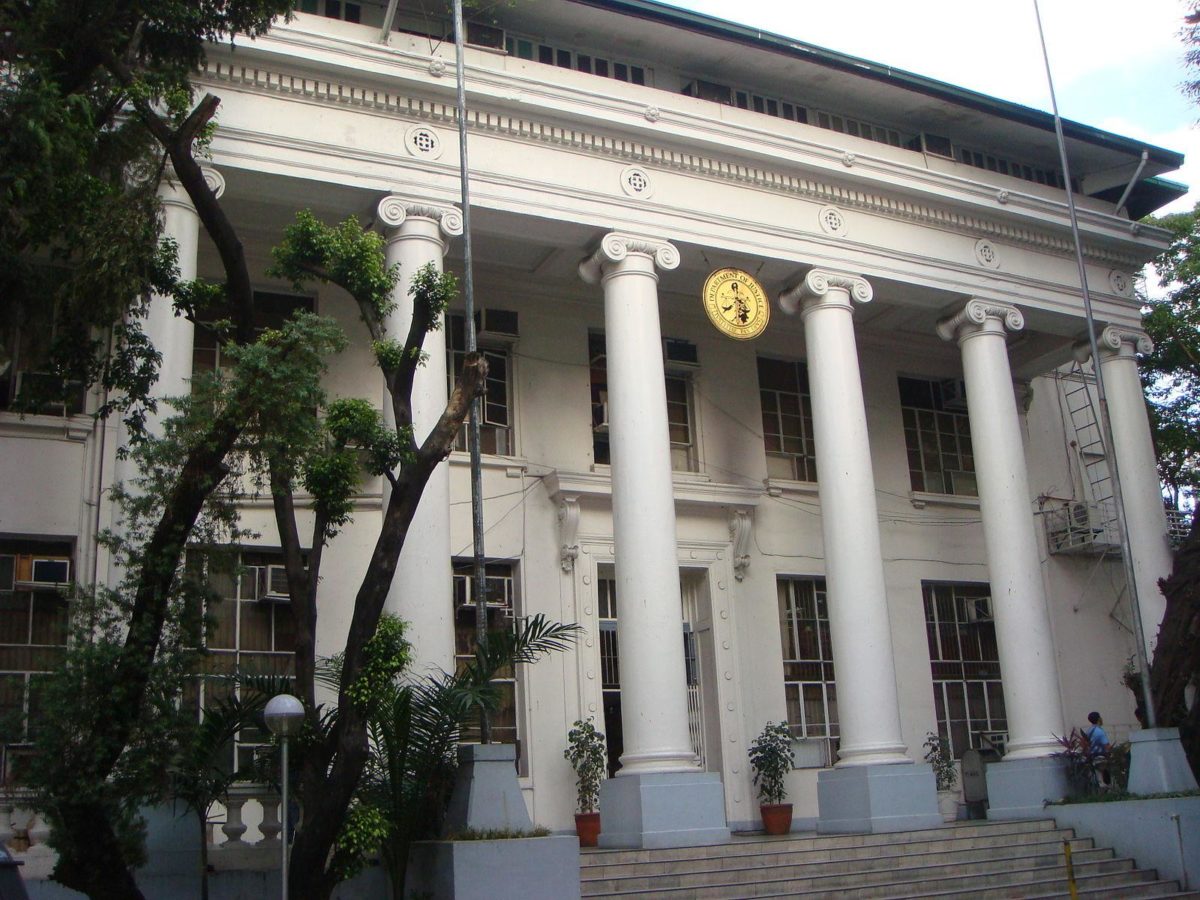First, it was 7,000.
Now, the disputed body count in the war on drugs has been raised further to 8,000 by no less than Vice President Leni Robredo’s legal adviser, former Akbayan Representative Ibarra Gutierrez.
In an interview with ANC Headstart, Gutierrez came up with his own breakdown, justifying Robredo’s earlier claim that 7,000 had been killed in “summary executions” — the result of combining deaths outside police operations with vigilante-style killings or what the police call deaths under investigation (DUI).
.STATEMENT
“So fine, that’s 2,500. You have another 3,500 that were killed by vigilantes but related to the drug war but the new classification created by the PNP for them, is DUI or deaths under investigation. 3,500 plus 2,500 brings you to 6,000. And then newer statistics I think, already placed the number of DUIs to something 4,500. So that’s 7,000 plus already, by the PNP’s own admission. I think a more recent tally brings the total to 8,000.”
He then reiterated despite Philippine National Police’s earlier rebuttal that only a small percentage of those killings were from legitimate police operations.
“I don’t think that using 7,000 will require, you know, a complete citation of all sources. After all it’s pretty clear. These are the facts that come from the PNP statistics themselves.”
(Source: Interview of Headstart with Atty. Barry Gutierrez, March 21, 2017)
FACT
While it’s true that more than 8,000 have been killed since President Rodrigo Duterte waged a bloody war on drugs, not all these deaths are drug-related.
The breakdown: From July 1, 2016 to March 24, 2017, at least 2,609 drug suspects have been killed in what the PNP classifies as legitimate police operations under Oplan Double Barrel Alpha and its revived program, allegedly for resisting arrest.
As of March 21, there have been at least 6,299 reported deaths outside police operations. Of this number, 4,811 are tagged “not cleared,” or what the police dub as DUIs.
The remaining 1,488 cases have already been considered “cleared,” which could mean at least one of the offenders has been identified, and he or she has been charged before the prosecutor with sufficient evidence.
Of the 6,299 reported deaths, 5,824 have been identified as homicide cases. Of this number, only 1,370 or 23.5 percent are considered drug-related while 894 or 15.4 percent are not. Police have yet to determine the motives of at least 3,560 homicide cases, which form the bulk.
Of 1,433 incidents filed in court, only 105 or 7.3 percent are attributed to drugs, the rest are labeled non-drug related.
In total, the Duterte administration records 4,084 drug-related deaths: 1,475 drug-related killings outside police operations and 2,609 deaths under Oplan Double Barrel.
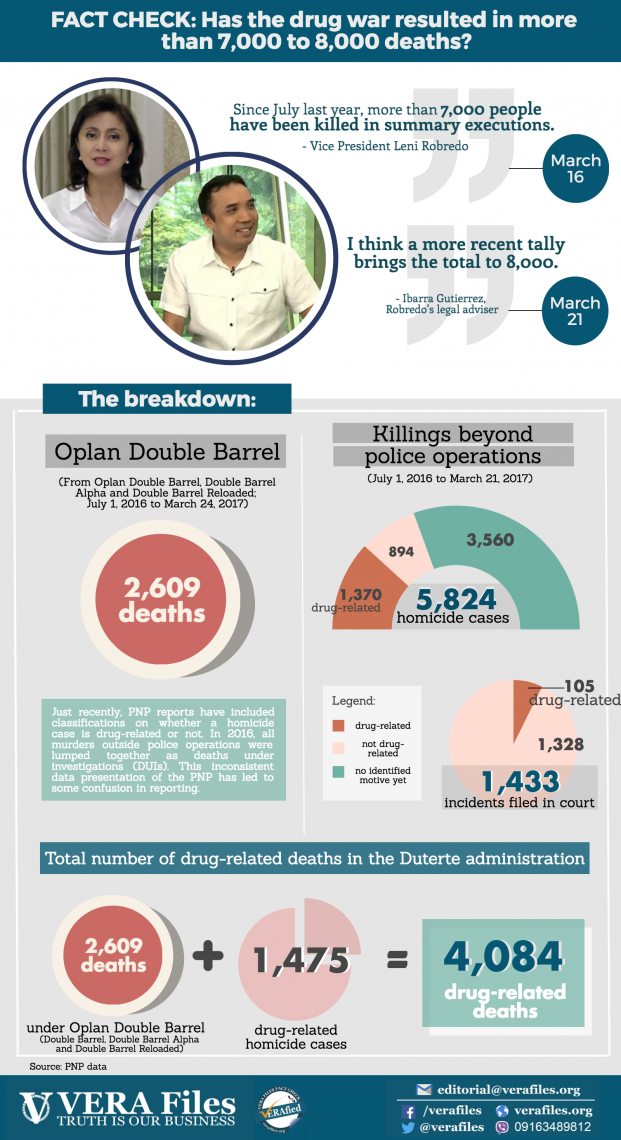
Just recently, PNP reports have included classifications on whether a homicide case is drug-related or not. In 2016, all murders outside police operations were labeled DUIs.
Inconsistent data presentation of the PNP has led to confusion in reporting. Even international groups such as the Human Rights Watch and media outfits like the New York Times have been quoting this number as the body count of the anti-drug war.
Robredo’s speech, where she mentions summary executions, was written immediately after her staff received the invitation from the United Nations Commission on Narcotic Drugs in February to speak about the implications of the war on drugs on human rights, Gutierrez said.
This is evident in her video message: “It is already February 2017, and the body count due to drug-related killings keeps growing.”
At the time of speechwriting, the number of deaths in Oplan Double Barrel Alpha was nowhere near 7,000.
As of Jan. 12, there had been 2,457 drug suspects killed in police operations, based on PNP data furnished to VERA Files on Jan. 23. On Jan. 30, the PNP suspended its anti-illegal drug operations to cleanse its ranks after the kidnap-slay of Korean businessman Jee Ick Joo by rogue cops.
Since Project Tokhang resumed on March 6, a total of 2,345 anti-illegal drug operations have been conducted resulting in 54 deaths, based on PNP data.
Philippine laws lack a standard definition of “summary execution.” The UN defines it as the deprivation of life after some sort of legal proceedings which falls short of national or international minimum procedural standards.
Source:
UN Definition of Summary Executions
